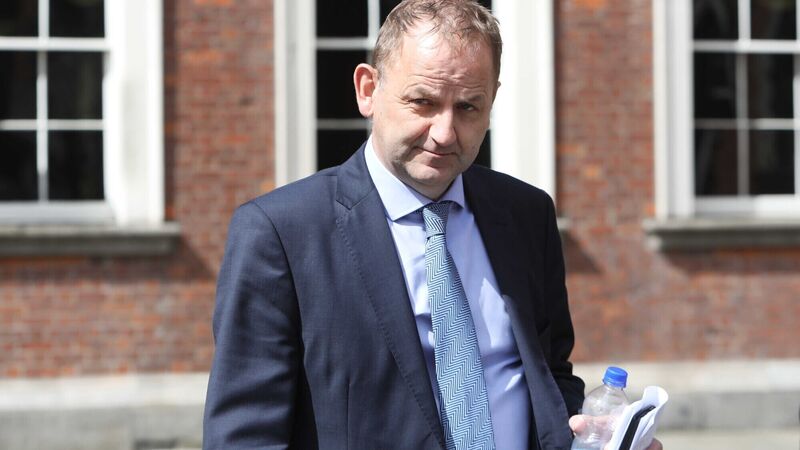Michael Clifford: How widespread is Garda corruption?

Garda whistleblower Maurice McCabe. Picture: Leah Farrell/RollingNews.ie
Try from €1.50 / week
SUBSCRIBE
Garda whistleblower Maurice McCabe. Picture: Leah Farrell/RollingNews.ie
So how widespread was garda corruption in Irish life? The Disclosures Tribunal reached a finish line of sorts on July 8 with the publication of the Nicky Keogh module. There are a few other bits and bobs to tidy up, but Keogh was the last of three gardaí around whose allegations the tribunal was initiated in 2017.
The tribunal was set up to examine to what extent, if any, that gardaí who spoke up about malpractice within the force were targeted for reprisal.
Already a subscriber? Sign in
You have reached your article limit.
Annual €130 €80
Best value
Monthly €12€6 / month
Introductory offers for new customers. Annual billed once for first year. Renews at €130. Monthly initial discount (first 3 months) billed monthly, then €12 a month. Ts&Cs apply.
CONNECT WITH US TODAY
Be the first to know the latest news and updates
Newsletter
Sign up to the best reads of the week from irishexaminer.com selected just for you.

Select your favourite newsletters and get the best of Irish Examiner delivered to your inbox
Monday, February 9, 2026 - 5:00 PM
Monday, February 9, 2026 - 5:00 PM
Monday, February 9, 2026 - 5:00 PM
© Examiner Echo Group Limited